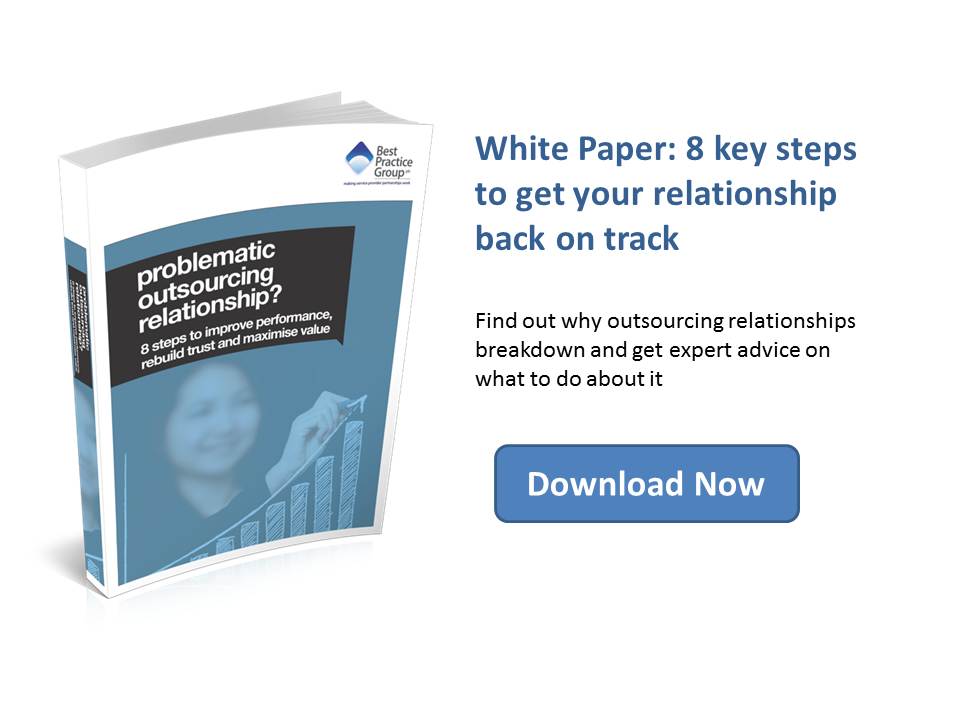 Effective knowledge management is one of the most important tools at your company’s disposal, but learning to collect, analyse and disseminate knowledge effectively requires more than just good data management technology. Despite the fact that most organisations understand the value of a collaboratively formed and efficiently managed knowledge base, many companies are failing to make the best use of the data at their disposal. Two primary sticking points are a lack of lessons learned from the information gathered, and restrictions on sharing knowledge between departments. If knowledge is power, why are all too few managing it properly?
Effective knowledge management is one of the most important tools at your company’s disposal, but learning to collect, analyse and disseminate knowledge effectively requires more than just good data management technology. Despite the fact that most organisations understand the value of a collaboratively formed and efficiently managed knowledge base, many companies are failing to make the best use of the data at their disposal. Two primary sticking points are a lack of lessons learned from the information gathered, and restrictions on sharing knowledge between departments. If knowledge is power, why are all too few managing it properly?
What is knowledge management?
Whether, and how, you collect raw data is important, but it is not the be-all and end-all of knowledge management. Crucially, it’s how you analyse that data and translate it into action across your business that is where the benefits are earned. At its best, successful knowledge management can drive innovation and growth throughout your company, giving it a competitive advantage in its marketplace. But the key to this success is to work out the most efficient way to use the knowledge that you have collected.
Many companies believe that as long as they have a great customer relationship management (CRM) system in place, then data collection and knowledge management will take care of themselves. Having good IT systems with the latest software installed is of no use to anyone though if there isn’t a process in place to analyse the data for patterns that could guide business objectives. It is, therefore, important to ask yourself these few questions:
- Is the information easily accessible to everyone who needs to see it?
- What do we need to know about?
- What are we trying to inform others about, or what are we trying to achieve/change?
- Do we have an effective analysing process in place so that the necessary knowledge can be extracted from the information we have gathered?
- Do we have a strategy in place for disseminating this new knowledge throughout our business so relevant change can occur?
If you do not have a clear and coherent structure in place, it is unlikely that the data you have collected will be of any use and crucial knowledge will have been wasted.
The importance of disseminating knowledge
Once data has been collected, the real work begins. For many companies, this is usually where they hit a stumbling block, as data is often collected, but not sufficiently mined for information. This can also be a departmental issue if data that is collected by one team is then siloed and not shared throughout the business. This behaviour can be detrimental to the growth of your business as it could lead to duplicated collection and analysis, which opens up opportunities for the incorrect conclusions and inefficiencies that can arise from corrupted data or inaccurate data mining. Sharing knowledge gives a sense of continuity and confidence that everyone is on the same page. Having a clear system in place that encourages the sharing of knowledge throughout the company is essential for your business. This is so important because it ensures that even when those with specialist knowledge leave, a smoother transition can take place as knowledge that previously would have been lost can now be shared with new team members. To get to this stage though, it is important to know who has the knowledge and what type of knowledge it is.
There are two fundamental knowledge types to be aware of:
1. Explicit Knowledge
This is a specific type of knowledge that has already been analysed and codified, that sits waiting to be learned from or transmitted. An example of this would be the knowledge in an instruction manual. To explain that by pressing ‘SHIFT’ and ‘3’ at the same time on a standard UK keyboard while in MS Word will place a ‘£’ on the page is to share explicit knowledge.
2. Tacit Knowledge
This is knowledge gained through life experience, observations and insights. This type of knowledge is often far more difficult to share as it is more complex to put into words and without similar experiences, observations or insights, the person you hope to share it with is unlikely to appreciate the nuances inherent in this knowledge.
In order to turn the tacit knowledge of your team into explicit knowledge, it is essential that you have a framework in place so that people are encouraged to share what they have learnt on each project. Whether this happens through group discussions of ideas, flow charts or universal spreadsheets, the act of pooling such knowledge will enhance your team’s ability to drive innovation within your company.
How to encourage people to share knowledge
Within any company you will find individuals who relish the chance to share their knowledge, and others who prefer to keep it to themselves. This can be for a variety of reasons, but the belief that knowledge is power has a fierce hold in some quarters and can cause some to be very protective over what they know.
Encouraging staff to share their knowledge is an essential step in the right direction. It is important to create a safe environment to share in as the more open and transparent we are with knowledge sharing, the more vulnerable some individuals can feel – even to the extent of feeling they might not be needed so much. It is important that people feel valued as individuals who are supporting the progress of the business. It is also, therefore, crucial to highlight the monetary importance of knowledge and put knowledge equity on a par with financial equity. If people see that the management of knowledge is just as important to the company as the management of money, they will hopefully be more inclined to see that it is professionally managed. It may also be wise to have a policy in place regarding intellectual property and the ownership of ideas, so that everyone knows where they stand when contributing explicit or tacit knowledge to the business.
The consequences of poor knowledge management
Robust data collection techniques, qualified analysis processes, and reliable sharing technologies are essential for the accuracy of your data. The consequences of inaccurate data can be very serious. If your company is audited and your core data is determined to be incorrect or found lacking, this could then affect your professional standing or your ability to raise future funding. It is often easy to overlook or dismiss the importance of data, but if you start to look at the knowledge held by your business as intellectual capital and value it as a commodity then you will see why we feel that you may start to believe it to be worth protecting.
The following illustrates how things can so easily go astray. We recently worked with a company that was very proud of the excellent CRM it had in place to gather and store data. It was brought in to satisfy better management decision-making in certain areas. However, once collected, this information went nowhere as there was no structure in place to extract the necessary knowledge and no central system to send it on to. Because no one had been placed in overall charge, the knowledge that management so desperately needed was not extracted and it was unclear who was responsible for this failure. As is often the case, blame was laid at the door of the CRM system and IT team despite the fact that they had already done their part as they had been instructed and the CRM system was working effectively. Making a clear, centralised hierarchy (identifying roles for the whole process) is, therefore, crucial if you want your data to be properly analysed, fact-checked and delivered on time and on spec to the right people in your organisation.
Harness the power of the knowledge you already possess
If you feel that you need to review your company’s knowledge management system, here is a recap of the important things you need to ask yourself before you begin:
- Does your company value knowledge? If you see it as intellectual capital you will recognise its worth and place appropriate importance on using it to best effect.
- Do you have a suitable, centralised system in place to capture knowledge learned from completed projects?
- What is it you are striving to achieve/change with the knowledge collected?
- Have you got the right processes in place to extract the data needed to drive this knowledge? These processes should be from extraction to analysing and through to sharing in the right forum.
- How do you manage the knowledge of individuals within your business? Are you encouraging them to share?
- Do you have a clear and focused process in place in order to manage your knowledge and drive your business forward?
- Are you exploiting your hard-earned knowledge to the best of your ability?


